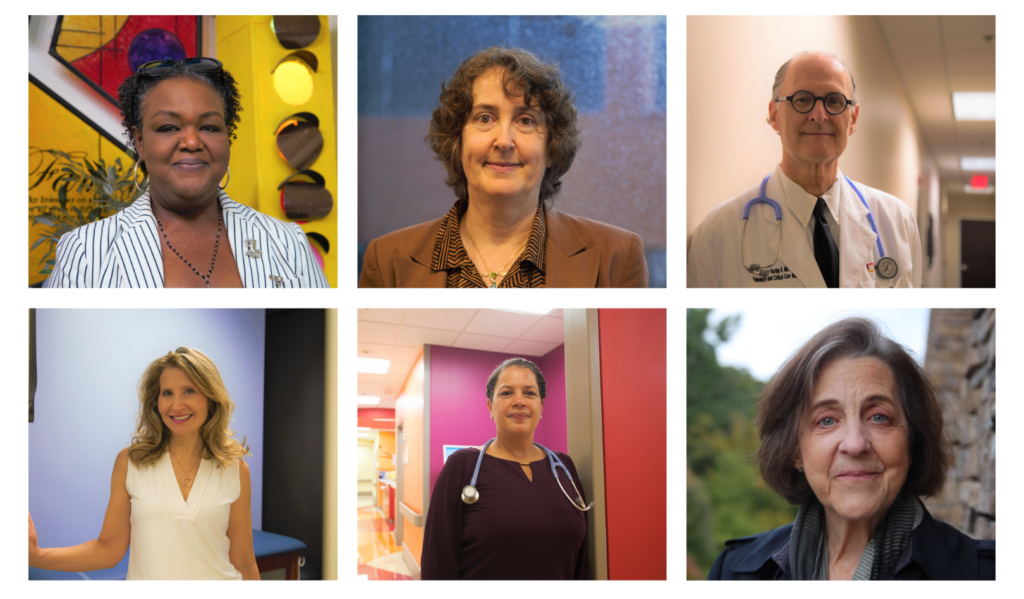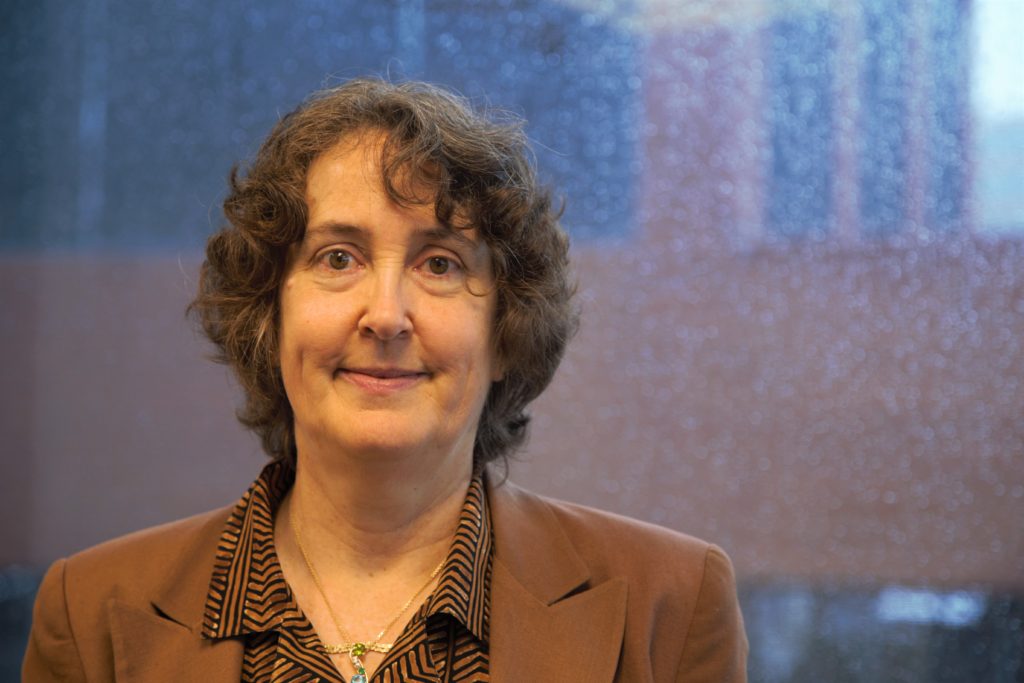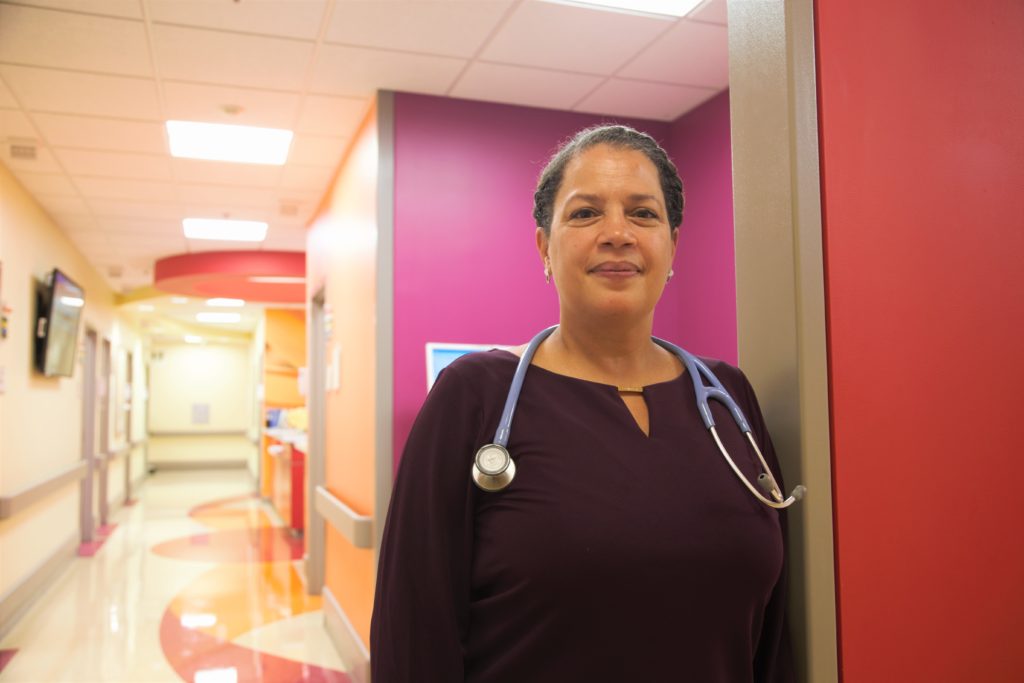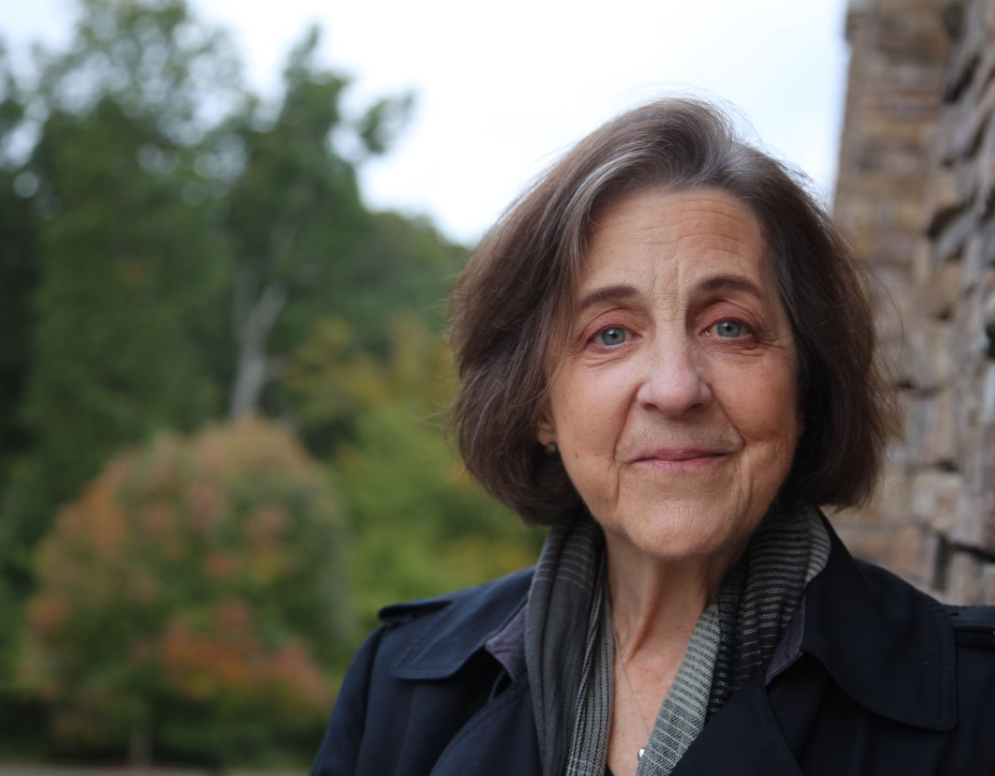
On this 50th anniversary of Earth Day and as we find ourselves in the middle of a global pandemic, we are sobered by the emerging research showing the connection between air pollution and a 15% higher mortality rate for COVID-19 patients.
We are humbled by this moment and grateful that we were able to spend time last fall listening and filming the challenges already facing doctors, nurses and counselors across the Southeast. Last year, we teamed up with Dayna Reggero of the Climate Listening Project and Narrative Healthcare to capture the voices of healthcare professionals.
These health professionals all work at the intersection of children’s respiratory health and the impacts of air pollution on their tiny lungs. In each conversation, we explored how climate change is affecting the health of children and the current day challenges in the healthcare system — which are now more relevant than ever.
Later this year, we will be releasing the full documentary, Planet Prescription: Healing Healers. Healing Communities, when it is safe for us to gather together. Until then, we invite you to listen to these important conversations, as we hear firsthand from doctors on the challenges they face and the solutions they desire.
But don’t just listen…please share their stories and join us in working to fix these critical issues, so no one else dies from exposure to air pollution or a fractured health care system.
Dr. Anne: On Impacts Of Air Pollution On Health
Dr. Anne Mellinger-Birdsong, Medical Education Advisor for Mothers & Others for Clean Air, talks about the critical threats air pollution and climate change pose and their impacts on human health.
Clean, healthy air is central to life. When you can’t breathe, nothing else matters. Even though air quality has improved over the years, nearly half of all Americans still live in areas where air pollution reaches unhealthy levels. Many parts of the Southeast face pollution brought on by aging coal-fired power plants and growing traffic congestion.
The same dirty air making our children sick is causing the climate to change. These changes have led to more frequent extreme weather events like sudden flash flooding, massive hurricanes, wildfires and heat waves across the Southeast. Children and their families experiencing these extreme weather events are being displaced, suffering post traumatic stress disorder, and too many have lost their lives.
Want to dive deeper? View research reports related to this video:
- Ambient Air Pollution: Health Hazards to Children
- Age-Specific Associations of Ozone and Fine Particulate Matter with Respiratory Emergency Department Visits in the United States
- Chronic effects of air pollution on respiratory health in Southern California children: findings from the Southern California Children’s Health Study
- Traffic-Related Air Pollution and Asthma Onset in Children: A Prospective Cohort Study with Individual Exposure Measurement
- Healthy Air, Healthy Brains: Advancing Air Pollution Policy to Protect Children’s Health
Dr. Brooks: On Air Pollution In Cities, Vulnerable Children And Small Changes
Dr. Brooks, Pediatric Pulmonologist at Children’s Healthcare of Atlanta, discusses her patient population and the health disparities surrounding air pollution among children living in urban areas, especially, children of low-wealth families and communities of color. She also speaks to the power of everyone making small, but meaningful, changes that can have big impacts on the health of children.
We know that due to historic and current inequities, communities of color are more exposed to air pollution. Our country built highways and located refineries, power plants and other sources of air pollution near communities of color. We also know exposure to air pollution is linked to heart disease, emphysema, strokes, cancer, diabetes and kidney disease. All these chronic conditions also increase people’s risk of dying from COVID-19.
Want to dive deeper? View research reports related to this video
- Residential Segregation and Racial/Ethnic Disparities in Ambient Air Pollution
- The Role of Environmental Controls in Managing Asthma in Lower-Income Urban Communities
- Neighborhood Social Context and Individual Polycyclic Aromatic Hydrocarbon Exposures Associated with Child Cognitive Test Scores
Dr. Charon: Crisis In The Healthcare System
Dr. Charon is a physician, literary scholar and the Founder and Executive Director of the Program in Narrative Medicine at Columbia University. She talks about the brewing crisis in healthcare before the coronavirus outbreak. She talks of hope for the healthcare system through listening to our doctors and paying attention to health impacts of environmental factors.
Their stories tell us very clearly there was a crisis before this crisis — the stress on our health care professionals. The COVID-19 pandemic puts into stark clarity that there has been an on-going crisis in our healthcare system capacity. We stand in solidarity with our friends in Healthcare who everyday courageously step to the frontlines.
Want to dive deeper? View research reports related this video
- Telling Stories, Saving Lives: Creating Narrative Health Messages
- Health Disadvantages in Colorectal Cancer Screening Among African Americans: Considering the Cultural Context of Narrative Health Promotion
- Integrative medicine: Breaking down silos of knowledge and practice an epigenetic approach
Yet, in the midst of a viral epidemic that is made worse by air pollution, and despite it being the month we celebrate Earth Day, the Environmental Protection Agency (EPA) is in a frenzy to roll back or remove many pollution standards that protect our health. The EPA has also stopped enforcing its own standards and rules, supposedly because of the coronavirus.
The EPA is charged with protecting public health and it is specially charged with protecting children and vulnerable communities from environmental pollutants. By continuing to push ahead with these rollbacks during a viral epidemic, the EPA is in direct opposition to its mandate; these actions are harming our health, our children’s health and exacerbating disparities.
We must not go back to the way things were before COVID-19 but instead work for a recovery which implements the solutions we already have that fix the system in an equitable way.
The work we must do for societal recovery from COVID-19 is integrally linked to the work to mitigate climate change. That work is to fix the broken and harmful systems that created these human and environmental health threats.
As we celebrate the 50th anniversary of Earth Day, let’s continue to move forward with clean transportation, clean renewable power and addressing the structural inequities that are costing too many people their lives.
Mothers & Others for Clean Air works with caretakers, health professionals, scientists, teachers, and youth to amplify their voices to create a shift of individual behaviors and system change so that no more children die because of dirty air.







